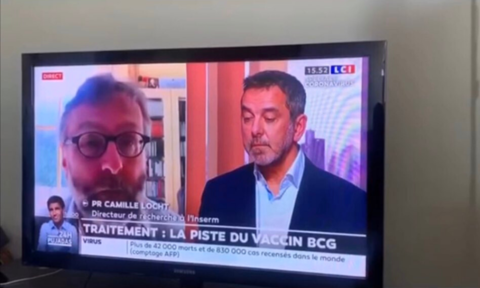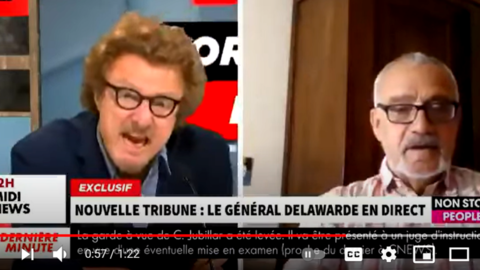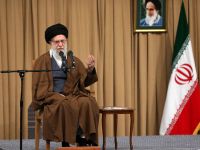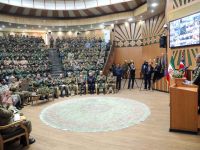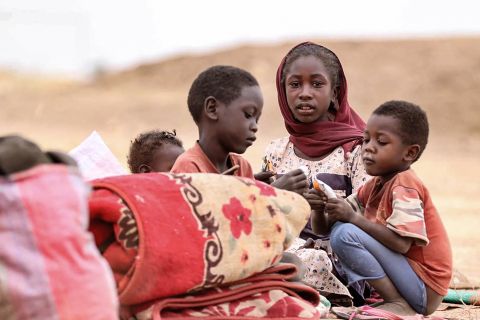The French broadcaster TV BFMTV has come under online fire after deleting a short interview with the French journalist Alain Gresh, during which he provided commentary on the escalations between Israel and Islamic Jihad in Gaza last weekend.
According to internet people, the interview featuring the renowned journalist Alain Gresh who had served as the editor of Le Monde Diplomatique for many years, specializing in Middle Eastern affairs, was removed from BFMTV websites.
Internet garde des traces de tout.
— Vert Naïf (@VertNaif) August 8, 2022
L'interview supprimée, ou censurée, de @alaingresh sur @BFMTV
Pour Alain Gresh, "c'est Israël qui est à l'initiative" de l'escalade... " https://t.co/n068ZcbFzA pic.twitter.com/HaSfWr66PJ
Translation: "The internet keeps track of everything. The deleted, or censored interview of Alain Gresh on BFMTV. For Alain Gresh, Israel started this escalation..."
Justifying the removal, BFMTV had explained that it was meant to "avoid any manipulation".
However, internet users who widely shared excerpts of the interview argued that Alain Gresh's mention of Israel as the one who initiated the latest attack on Gaza was the main reason the interview was removed.
Alain Gresh, who serves now as the director of "Orient XXI" also explained that an interview that was previously scheduled for the next day with the same TV channel was canceled, following the remarks he made live on TV on August 8, 2022.
Source: Twitter
Translation: "Strikes on Gaza: Why did BFMTV delete an interview in which Alain Gresh criticizes Israel?"
During the censored interview, Alain Gresh accused Israel of "repeatedly initiating attacks" against the Gaza strip, saying that forcing Palestinians in Gaza and the West Bank under Israeli occupation "will lead to nothing but violence".
Alain Gresh, a Cairo-born Jew, was deemed "too critical of Israel" when he proceeded by saying that "Unfortunately, Israel does not learn any lesson […] Israel does not want to comply with UN resolutions [which asks it to withdraw from the occupied territories] and then complains of being attacked, which is, all the same, a paradox".



